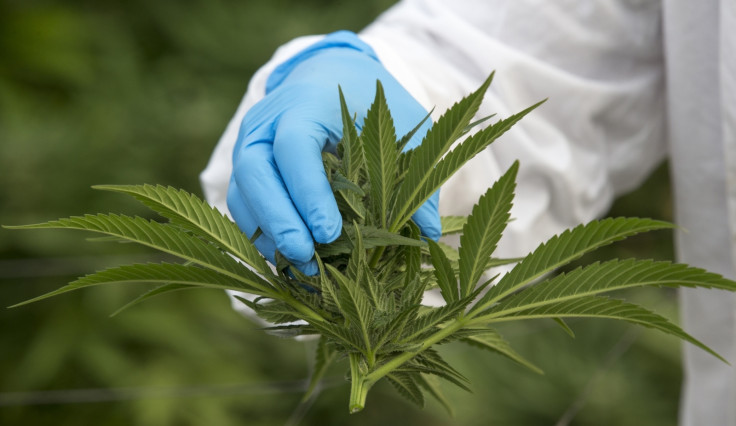Approval of cannabis-based medicines for epilepsy and multiple sclerosis not enough
Two cannabis-based medicines have been approved. However, campaigners say that thousands of patients who need cannabis-based drugs are left waiting.
Epidyolex and Sativex have been approved for the National Health Service (NHS). The two cannabis-based drugs will be available to patients suffering from epilepsy and multiple sclerosis (MS). Even though the two drugs are a welcome relief to patients, the National Institute for Health and Care Excellence (Nice) has ruled out the approval of drugs containing Tetrahydrocannabinol (THC).
Epidyolex is a medicine that can be prescribed to patients with Lennox-Gastaut and Dravet syndrome. Other than those two rare types of epilepsy, other epileptic patients cannot get the drug.
Sativex spray is to be prescribed to patients with MS. The spray helps reduce muscle spasms which are a common symptom of the medical condition. However, the spray does not offer any form of pain relief to the patient.

According to NICE, THC based medication for the treatment of pain requires further research before they can be approved for NHS use.
Campaigners who have been trying to get medical marijuana and marijuana-based medicines legalised in the United Kingdom have welcomed the decision. Simon Wigglesworth, deputy chief executive at Epilepsy Action, said that while thousands still are unable to benefit from cannabis-based drugs, he appreciated that further clinical research is important. Sky News pointed out that Wigglesworth accepted that clinical research on the use of THC has a long way to go.
Even though many campaigners have breathed a sigh of relief, they have shared their disappointment as well.
Director of external affairs of the MS Society, Genevieve Edwards, pointed out that patients will be getting limited benefits due to the decision. While there is now a drug that will help reduce muscle spasms, the problem of pain relief is yet to be addressed. There are drugs that offer pain relief to MS patients, but they are illegal in the UK.
End Our Pain campaigner, Millie Hinton, called the decision "massive missed opportunity." Hinton spoke about the benefits of THC and Cannabidiol (CBD) medication, calling the drugs "life-transforming for a significant number of children." She added that the restriction on the drugs forced families to seek medical assistance outside the UK and even forced many to bring back the medicines illegally.
Doctors can legally prescribe medicinal cannabis but they are reluctant to do so in most cases. The reluctance is due to the lack of clear guidelines regarding the prescription of plant-based medicines.
© Copyright IBTimes 2025. All rights reserved.





















